Mozambique: Mondlane acknowledges "less correct decisions"
Mozambicans in Malawi “have not been abandoned”
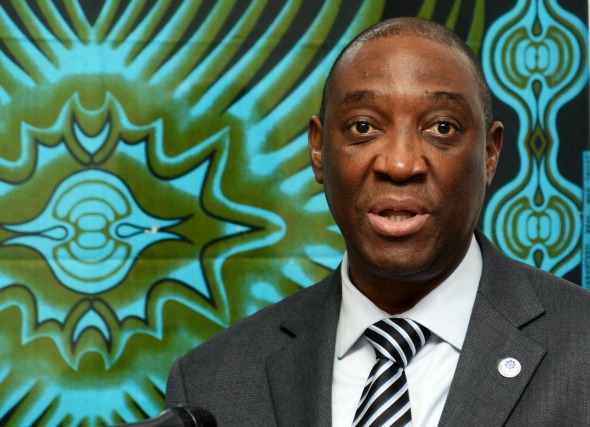
Mozambicans who have fled into Malawi have not been “abandoned” by the government, as the opposition claims, declared Foreign Minister Oldemiro Baloi on Thursday.
Speaking in the Mozambican parliament, the Assembly of the Republic, Baloi said the people living in the Kapise camp in southern Malawi, whether they are called refugees or not, are “overwhelmingly Mozambicans”. He thus flatly contradicted the governor of Tete province, Paulo Awade, who had claimed that they were mostly Malawians.
The flight of Mozambicans from the Nkondezi region of Tete over the border into Malawi began in June 2015, Baloi recalled, and later the numbers involved began to rise exponentially. In January, when a mission from the Mozambican High Commission in Malawi visited Kapise, there were about 3,000 Mozambicans there. A month later the number had risen to over 4,000, and the latest figure cited is over 7,000.
A team including representatives of the Tete provincial government, and of both the Refugee Support Nucleus (INAR), and the Institute for Mozambican Communities Abroad (INACE), went to Kapise on 4 February. Their report back was sufficiently serious for the government to send high level delegations both to Malawi (headed by Baloi himself) and to the Tete/Malawi border areas.
“Regardless of the nature of this group, it consists overwhelmingly of Mozambicans, and no responsible government can abandon its duty towards the people it is supposed to care for”, said Baloi.
So the Council of Ministers (Cabinet) discussed a plan of action at its latest meeting on Tuesday. This included registering the Mozambicans currently in Malawi, and providing them all with identity documents. The plan also considers measures to be taken concerning education, health, roads and agricultural inputs in the border area.
Under international conventions, Baloi noted, responsibility for refugees lies with the host country (in this case, Malawi) and with the United Nations High Commission for Refugees (UNHCR), while the Mozambican government has been establishing appropriate conditions for the return of the refugees.
Such a return, he stressed, must be voluntary – international law forbids any attempt to coerce refugees to return to their home country.
As for the dispute about whether the Mozambicans in Malawi are refugees or not, Baloi pointed out that obtaining official refugees status can be a lengthy process, and he seemed to regard it as irrelevant to the immediate humanitarian crisis.
“The humanitarian component is always paramount”, he said. “The characterization – whether they are refugees or displaced people – doesn’t matter. Our priority is humanitarian treatment, and our desire is to see them return, either to their home areas, or to other areas of their choice”.
Baloi said there was still “a lot of work to be done to analyse the nature of the problem”. He did not say why thousands of people had left the Nkondezi region. Refugees who spoke to the independence television station STV said the armed forces (FADM) had burnt down their homes and barns. The defence ministry has denied this, while Awade claimed that it was gunmen of the rebel movement Renamo who burnt down houses.


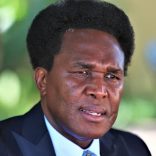


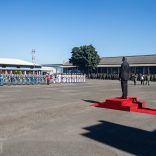
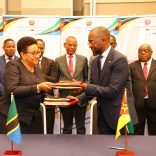
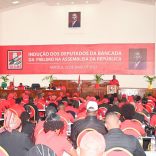



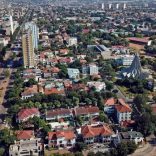
Leave a Reply
Be the First to Comment!
You must be logged in to post a comment.
You must be logged in to post a comment.